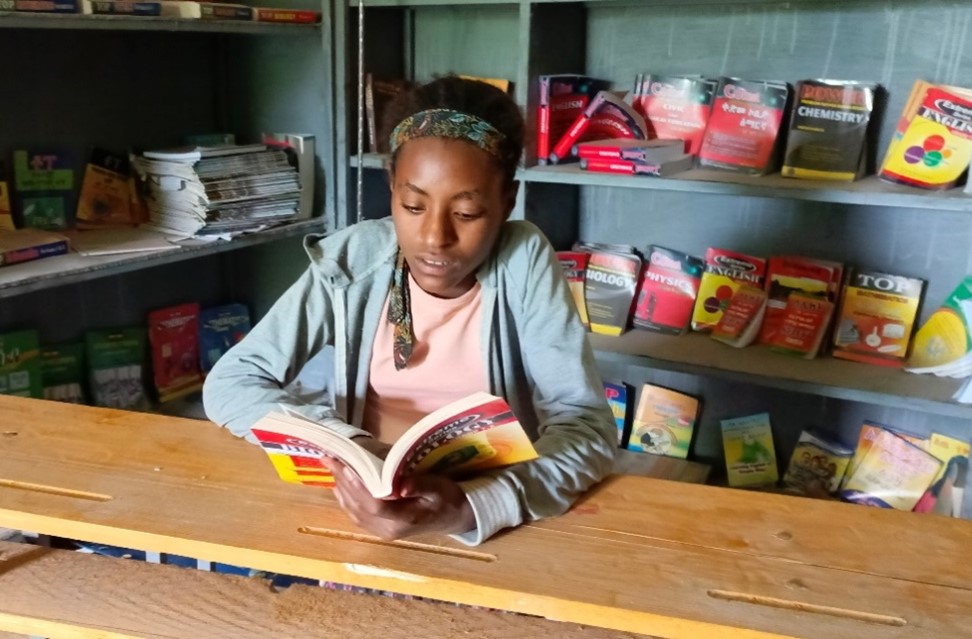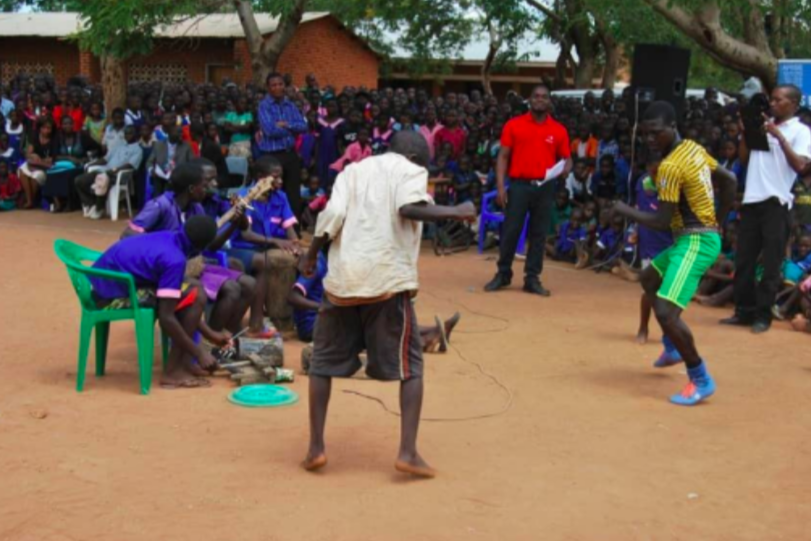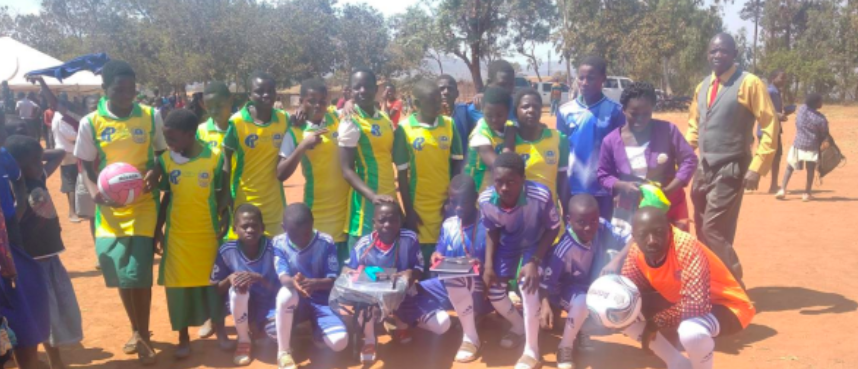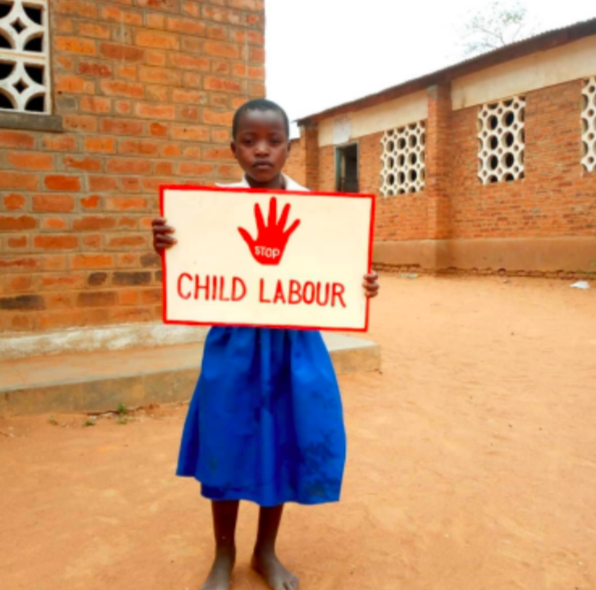On February 7, 2017 the Child Labour Due Diligence Law [‘Wet Zorgplicht Kinderarbeid’], initiated by member Van Laar (Labour Party), was adopted by the Dutch Parliament, with 82 votes (of 150 MPS) in favour. The parties CDA (Christian Democrats), VVD (People’s Party for Freedom and Democracy) and PVV (Party for Freedom) voted against. The law requires companies to examine whether child labour occurs in their production chain. If that is the case they should develop a plan of action to combat child labour and draw up a declaration about their investigation and plan of action. That statement will be recorded in a public register by a yet to be designated public authority.
For child labour the definitions of the ILO conventions apply: 15 years for any kind of labour, other than light work alongside schooling/school, and hazardous work for all children under 18 years.
Effective from 2020, register open by 2018
If the Senate gives its approval too, the Act will be effective from January 1, 2020. So the companies get ample time to prepare themselves thoroughly. But if they already have made enough progress with their approach, they can also deliver their declaration at the registry by 2018. Companies not only have to determine whether there “is a reasonable suspicion” that their first supplier is free from child labour but also – when possible – whether child labour occurs further down the production chain. An amendment to limit the scope of the Act to the first supplier was ultimately repealed. However, it is yet to be determined via General Administrative Order [Algemene Maatregel van Bestuur (AMvB)] which groups of companies – for example, very small companies or companies that are not active in countries or sectors where child labour occurs – are exempted from the Act.
What the research on child labour and the possible plan of action should look like is also further to be defined through a General Administrative Order. This will be partly drawn up based on a manual of the International Labour Organisation (ILO) and the International Organisation of Employers (IOE), the so-called ILO-IOE Child Labour Guidance Tool for Business. Stop Child Labour has also contributed to this manual. The general administrative orders shall be established by the government and possibly amended and finally assessed by the Parliament.
Complaints, fines and finally imprisonment
Any person or legal entity may file a complaint with the public authority on the basis of concrete evidence that a company is involved in child labour. The complaint must however be submitted to the company in question first and will be dealt with at that level if possible. If this does not happen – or not within six months – the complainant can contact the supervisor.
If the public authority is of the opinion that the complaint about the company is well founded because the requirements of research and /or a plan of action are not met, the authority may impose on the company a “binding instruction” and a term of execution. If this is not done then an administrative fine follows. A company that again violates the law within five years following the first administrative penalty can be punished with imprisonment of no more than six months.
Stop Child Labour supports the Act
The Stop Child Labour coalition has welcomed the adoption of the Act. We believe that the Act will make a significant contribution to the reduction of child labour.
During the development and treatment of the Wet Zorgplicht Kinderarbeid in the Parliament Stop Child Labour has made a number of recommendations to strengthen the Act and increase its impact on the elimination of child labour. We did this for instance via our ‘Reaction of Stop Child Labour on to the Child Labour Due Diligence Law’. In this reaction we have argued for a definition of child labour based on the ILO conventions on child labour and on the disclosure of the statements to be submitted by the companies. According to this reaction ‘such an openness contributes greatly to the ability of consumers and civil society to review the statement of companies on quality’. Both points were suggested through introduced through amendments, in particular by the ChristianUnion and D66 [Democrats 66], and adopted.
Similarly, the ILO-IOE Child Labour Guidance for Business, mentioned by Stop Child Labour in her reaction, has been earlier adopted by the initiator [member Van Laar] as the basis for the ‘due diligence’ of companies to ensure production chains without child labour. As far as the effective date is concerned: Stop Child has argued for January 1, 2018, because the Dutch government expects companies to implement the OECD Guidelines for responsible business already for many years. One year should therefore be sufficient for companies to prepare for the Act. That recommendation was not adopted, although proactive companies against child labour already will be able to provide their declaration in 2018.
Parliamentary motions on ‘modern slavery’ and ‘living wage’
During the voting on the child Labour Due Diligence Law, the Parliament held on to, so postponed voting on, a motion of the MPs Servaes (Labour Party) and Voordewind (ChristianUnion), which requires the government to prepare ‘legislation aimed at combating forced labour and modern slavery, in line with the ILO protocol and objective 8.7 of the Sustainable Development Goals’. Minister Ploumen [of Foreign Trade and Development Cooperation] called it ‘a sympathetic motion’ but found it ‘a bit premature’ to embrace it already, but she promised to discuss the motion in the European Union. She said: “Given the nature of the proposal, I would not like to advise against the motion. It really is a kind of unknown territory, so can the submitters agree on holding on to the motion or change the text in further investigation?” The submitters did consent with this but wanted the ‘intention to eventually arrive at legislation to be embedded’.
Finally the Parliament adopted a motion by the members Voordewind (ChristianUnion) and Servaes (Labour Party) on living wage as a basic human right. This motion was in response to the report Branded Childhood of Stop Child and SOMO on the relationship of low wages, child labour and school dropouts in the garment industry of Bangladesh. In the motion, the government is requested to:
- adopt a time-bound plan on ‘living wage’ as a condition within a stronger procurement policy of the government;
- encourage local authorities to formulate such a policy as well;
- make living also part of all International CSR covenants;
- to inform the Parliament about the efforts and results.
About Branded Childhood parliamentary questions were posed by the ChristianUnion and the Labour Party.






